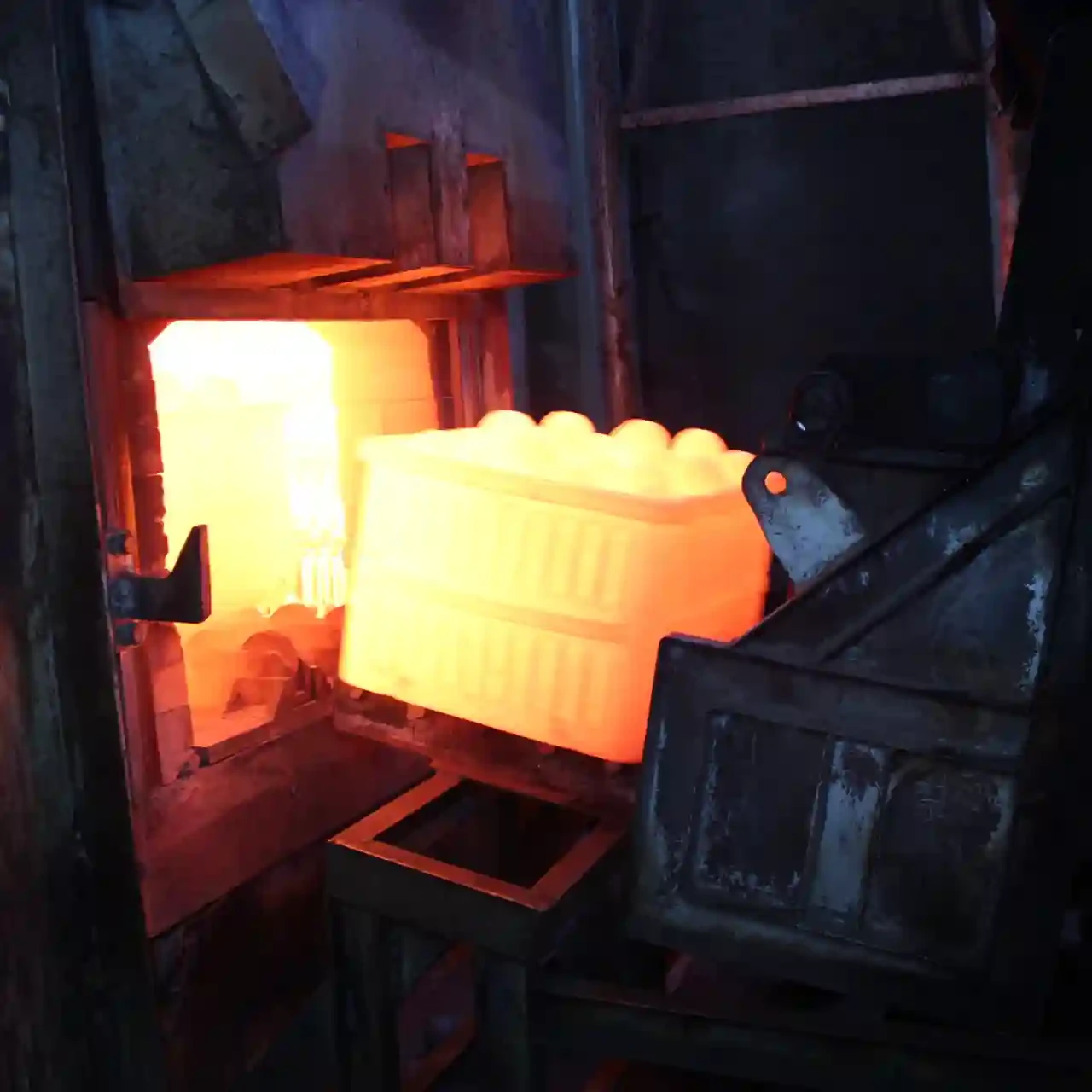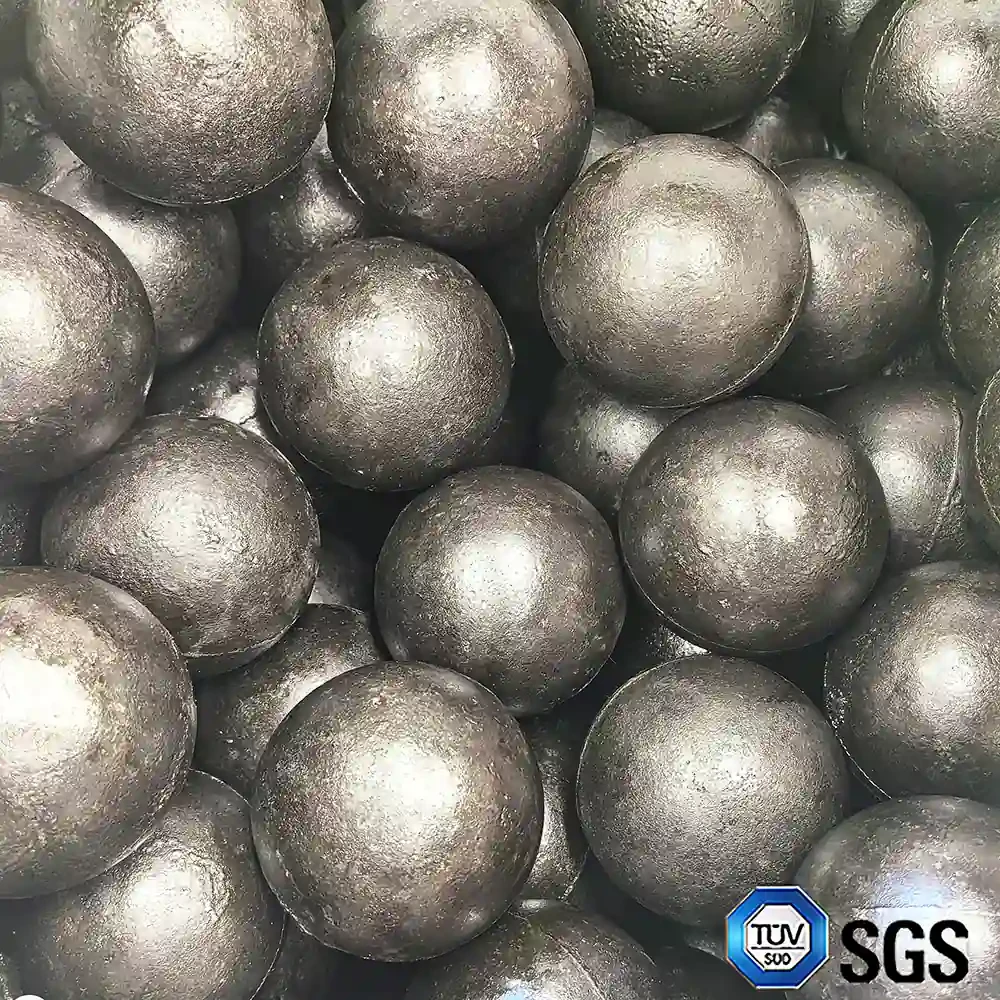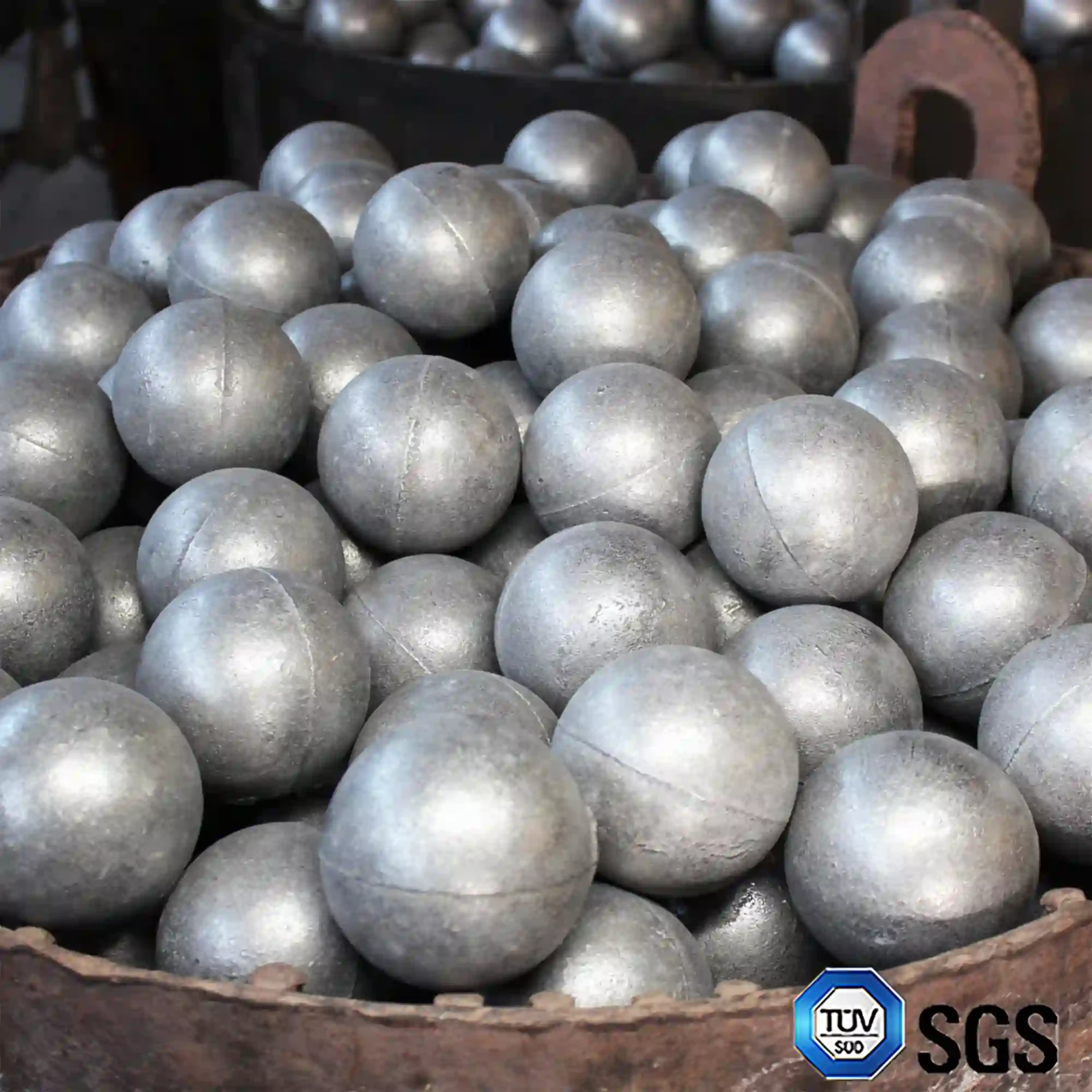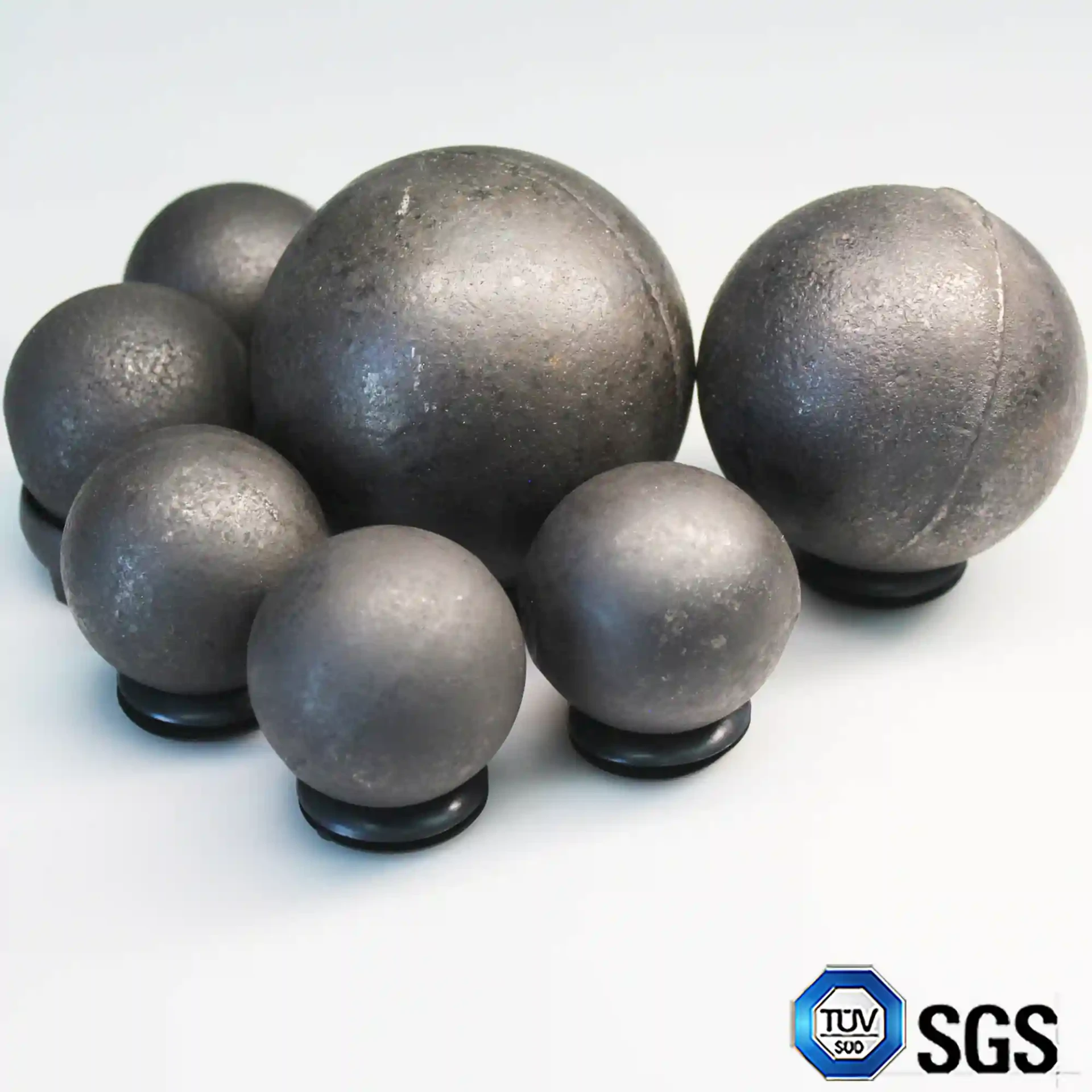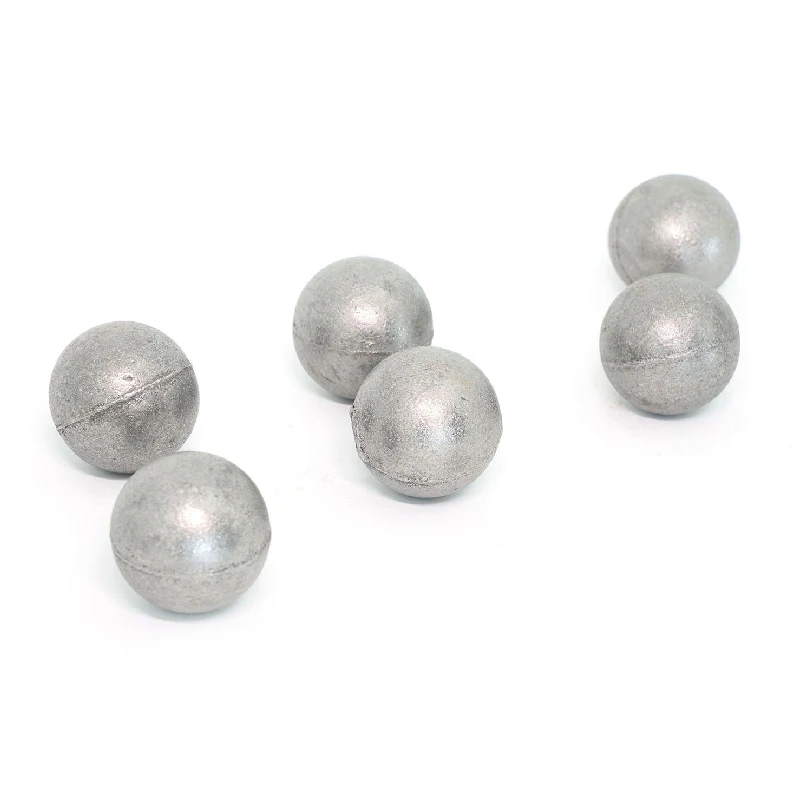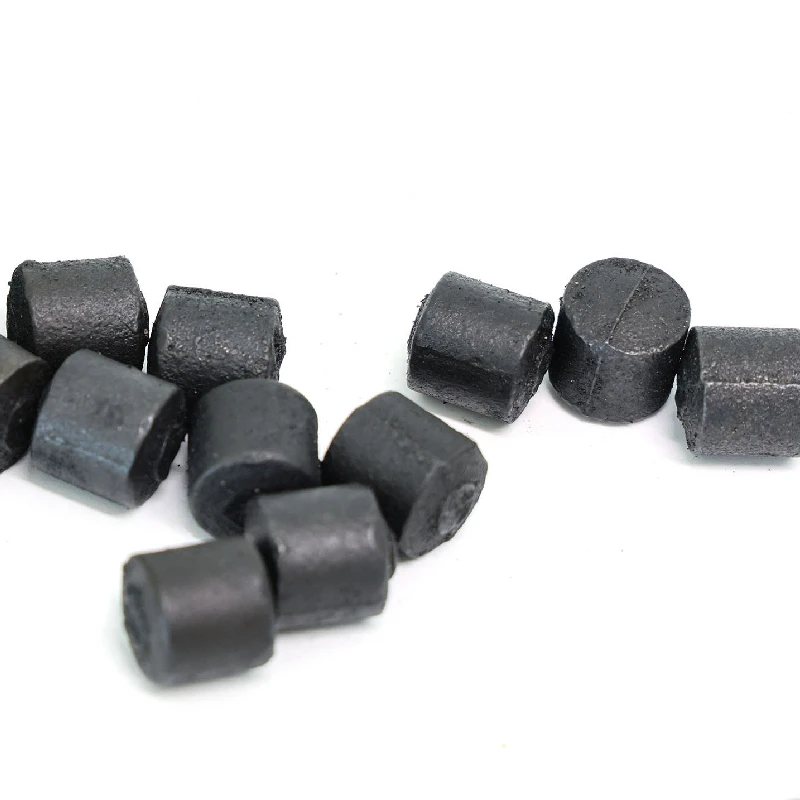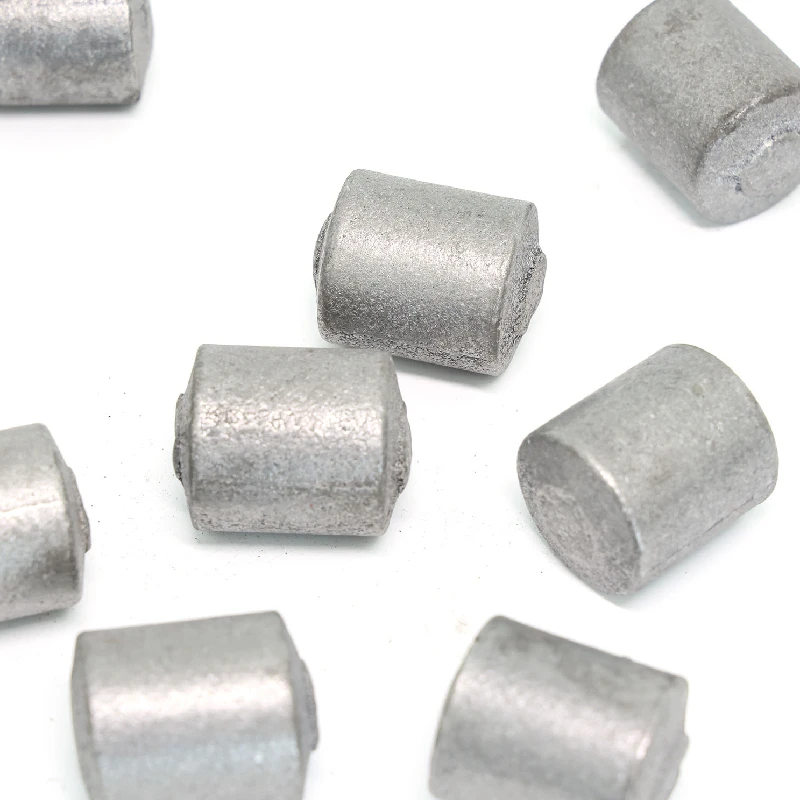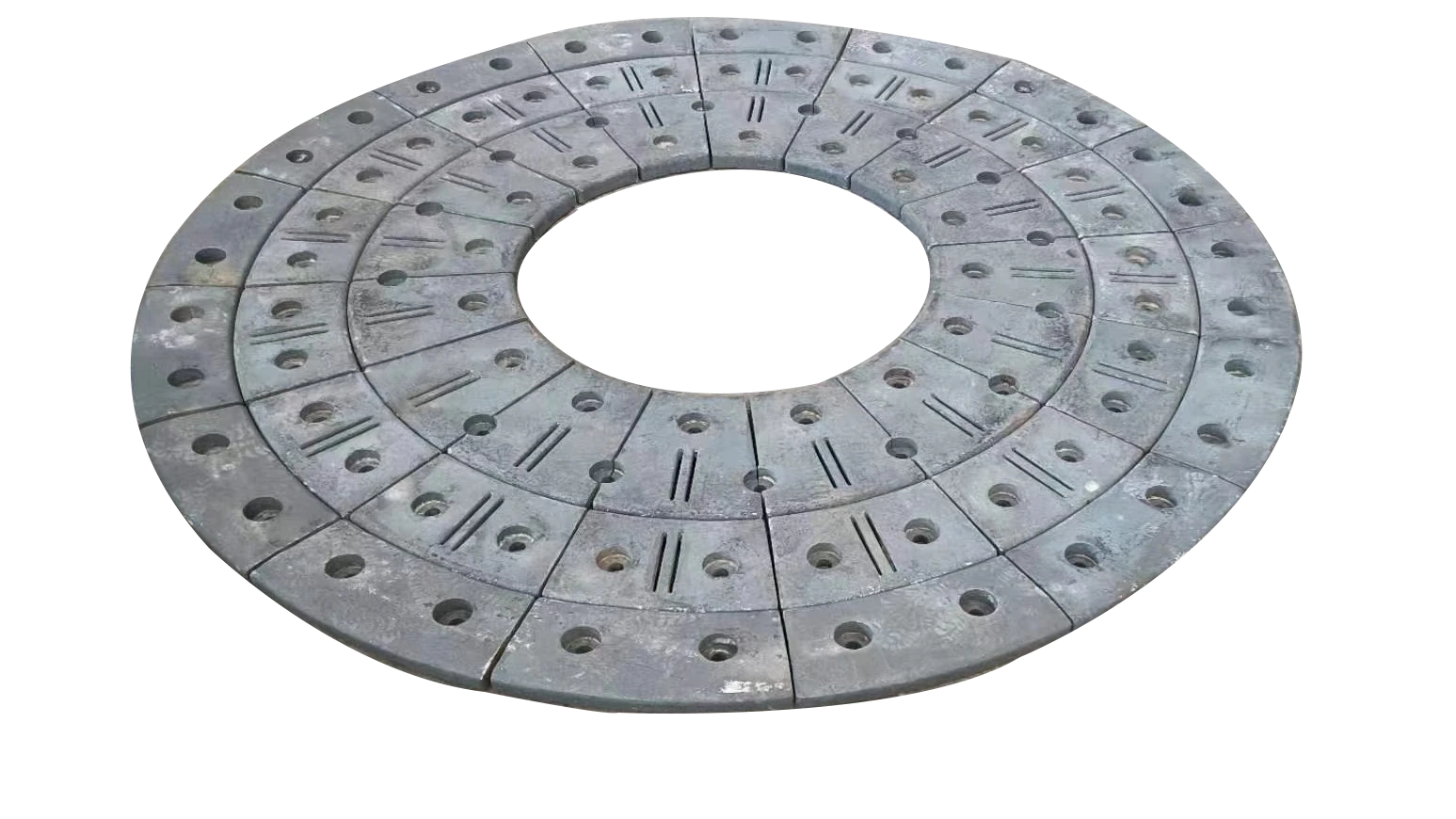Jul . 29, 2025 21:00 Back to list
High-Quality Mill Liners for Ball Mills and SAG Mills – Durable & Efficient
Mill liners are critical components used for the protection and efficiency enhancement of grinding mill cylinders in mineral processing, cement production, power generation, and chemical sectors. An ever-increasing demand for energy savings, longer equipment life, and optimized throughput performance drives both innovation and fierce competition across global mill liners suppliers. With a sharp focus on high-performance ball mill liners, sag mill liners, and advanced ball mill rubber lining solutions, this comprehensive guide explores industry data, technical parameters, and customization practices that define modern mill liner applications.
1. Industry Trends: The Global Mill Liners Market & Technology Evolution
| Year | Market Size (USD Million) | Growth Rate (%) | Leading Material | Major Application |
|---|---|---|---|---|
| 2021 | 924 | 4.8 | High Manganese Steel | Mining, Cement |
| 2022 | 987 | 6.8 | Rubber/Composite | Metallurgy, Recycling |
| 2023 | 1058 | 7.1 | High Cr Alloy, Rubber | Ore Processing Plants |
| 2024 (Est.) | 1132 | 7.0 | High Mn Steel, Composite | Cement, Mining |
Key Insights: The mill liners market is expected to maintain a steady 6.5-7.2% CAGR with demand for high-performance materials like high manganese steel, high chromium alloy, and advanced rubber composites. Columbia Steel, ME Elecmetal, Metso, and Chengda are among the most innovative market participants.
2. Mill Liners Technical Parameter Comparison Table
| Parameter | High Mn Steel Liner | Rubber Liner | Cr Alloy Liner | Composite Liner |
|---|---|---|---|---|
| Hardness (HRC) | 48-59 | 45-55 (Shore D) | 55-66 | 58-63 |
| Impact Resistance | Excellent | Good | Average | Good |
| Corrosion Resistance | Good | Excellent | Good | Very Good |
| Service Life (Ore, t/liner) |
>80,000 | ~60,000 | 70,000 | 75,000 |
| Weight (kg/pc) | 25-2,000 | 8-300 | 20-900 | 18-850 |
| ISO/ANSI Certified | Yes | Yes | Yes | Yes |
| Common Use | Ball, SAG mill | Ball mill, Rod mill | Ball/SAG/AG | Ball/SAG/AG |
Different mill liners materials present trade-offs in hardness, resistance, and service life. High manganese steel stands out for its excellent impact resistance and long service time, especially in ball mill liners and sag mill liner roles.
3. High Manganese Steel Liner: Material, Process & Certification
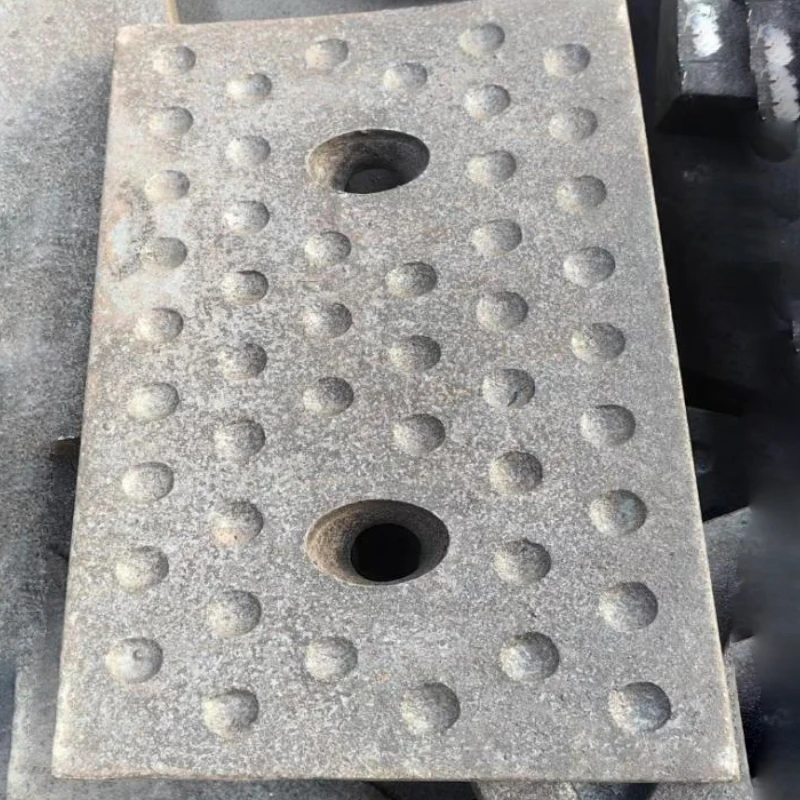
| Grade | Mn (%) | C (%) | Other Alloy | Yield Strength (MPa) | Impact Value (J/cm²) | Elongation (%) |
|---|---|---|---|---|---|---|
| ZG120Mn13 | 11.5-14 | 1.05-1.35 | Si, Cr, Mo | 980 | 140-165 | 18-22 |
| ZG70Mn | 6.5-8.0 | 0.7-0.9 | Si, Cr | 670 | 90-105 | 12-17 |
- Material highlight: Austempered, work-hardening high Mn austenitic steels (like ZG120Mn13, ZGMn13Cr2)
- Features: Extreme shock-load resistance, excellent crack tolerance, 80,000-130,000 tons throughput per set
- Certifications: ISO 9001:2015, ANSI, ASTM A128/A128M, or on request to client/project requirements
4. Mill Liners Manufacturing Process & Quality Control (With Flowchart)
Certified Mn ore, Fe alloys
Electric-arc Furnace, 1450-1500℃
Automated Molding, Gating, Chilling
Water Quenching for Work Hardening
Milling, Drilling, Tolerances & Finish
MPI+Ultrasonic+Hardness Checks
- Raw Materials: >99.98% purity, supplier certification must match ISO 9001/14001 or third-party verification (SGS/TÜV).
- Casting: Most mill liners (esp. ball mill shell liners) produced by lost foam or resin sand process, guaranteeing internal soundness.
- Heat Treatment: Key to work-hardening effect; water quench or oil quench adjusted per section size to optimize austenitic matrix.
- Machining: All bolt holes/critical interfaces machined to ±0.15mm; unique ID/traceability code stamped per ISO 23593-2.
- Quality Control: QMS meets ISO 9001:2015, with ultrasonic/MPI for flaw detection plus surface hardness and dimension audits.
5. Application Scenarios & Case Studies
- Mining (Gold/Copper/Ore Mills): Premium high Mn ball mill liners regularly achieve >105,000 tons crushed ore per set, with real-world data from Central Asia and South America showing a 25-33% reduction in liner downtime when compared to ≤60,000 tons/liner with basic Cr-Mo grades.
- Cement Industry: Improved impact absorption in finish grinding - some clients reported a 9% mill throughput increase and a 13% lower noise signature vs. legacy iron liner solutions.
- Energy & Hydropower: Water-feed mill circuits benefit from the anti-corrosion properties and self-healing microstructure of high Mn steel, lengthening replacement intervals.
- Customer Reference: “After switching to Chengda’s high manganese mill liners, our ball mill maintenance shutdowns dropped from every 5 months to once a year” - Pancontinental Gold, Canada
| Client | Mill Type/Size | Liner Type | Ore Processed/Year (KT) | Service Life (months) | Energy Savings (%) |
|---|---|---|---|---|---|
| Chile Copper X | Φ5.0×8.2m SAG | High Mn Shell Liner | 5,000 | 16 | 8.2 |
| Central Asia Gold | Φ3.2×5.8m Ball | Ball Mill Shell Liners | 2,800 | 18 | 7.4 |
| India Cement Z | Φ2.6×10m Ball | Ball Mill Liners | 1,600 | 14 | 6.1 |
(Source: International Mining, DOI: 10.1016/processing.2023.101762)
6. Supplier Comparison: Chengda vs. Industry Leaders
| Supplier | Major Product | Material/Grade | Certification | Global Projects | Custom Options |
|---|---|---|---|---|---|
| Chengda | Ball/SAG Mill Liners | ZG120Mn13, ZGMn13Cr2 | ISO, ANSI, SGS | 47+ countries | 3D scan, OEM logo, custom bolt hole |
| Metso | Megaliner, Poly-Met | Chromium, Polyurethane | ISO, EU CE | 65+ countries | Site modeling, full install service |
| ME Elecmetal | Casting Liners | CrMo, Ni-hard | ASTM, ISO | 120+ countries | Onsite optimization |
- Chengda: Focused on high-manganese solutions with rapid prototyping and tooling customization for ball mill liners and sag mill liner formats.
- Metso: Pioneers composite and rubber-metal liners (Megaliner, Poly-Met) with advanced lifecycle analytics.
- ME Elecmetal: Leading global volume provider emphasizing Ni-hard and Cr-Mo high-wear liners.
7. OEM/ODM Customization Solutions for Mill Liners
- Design Engineering: Advanced 3D scanning for legacy shell dimensions, Solidworks/CAD modeling for custom liner configuration (lifter bar, head plate, shell plate separation, etc.).
- Material Tailoring: OEM options for higher Mn (±13-15%), Cr (
- Performance Coating: Optional surface coating for anti-scaling, special requirements for acidic/alkaline slurries in chemical or wastewater facilities.
- FAST Delivery: Standard 25-40 days from drawing confirmation to ex-factory, urgent cases 14 days (subject to blank inventory).
- Project Examples: Recent 2,000+ ton shipment to Kazakhstan mining group; non-standard lifter/liner ball mill liners for sale delivered to Morocco in 19 days.
8. FAQ: Mill Liners Technical Terms & Practical Guidance
9. Warranty, Support, and Customer Protection
- Warranty: 12-24 months against breakage or deformation under standard use.
- Acceptance: Third-party inspection (SGS/TÜV) of batch before shipment. Full chemical and mechanical report supplied.
- After-sales service: Remote installation guidance (video/manual), if on-site needed, global dispatch within 7 days (extra).
- Customer support: 24/7 technical consultation; full documentation for insurance/claims purpose provided.
- Replacement: Free supply and shipping for substantiated manufacturing defects.
10. Reference, Industry Authority, and Further Reading
| Source | Topic | Link |
|---|---|---|
| MiningWeekly | Mill Liners Lifecycle & Cost Analysis | Article Link |
| Minerals Engineering | Field Performance: Ball Mill Liner Wear | Peer-reviewed |
| International Mining Forum | Composite Liner Trends & OEM Comparison | Forum |
| ISO | ISO 9001:2015/ASTM A128 Standards | ISO Resource |
For more, please see ongoing discussions on International Mining Forum and Minerals Engineering Journal.
-
Expert Insights on Fabrica de Molinos de Bolas: Industry Trends & Global Applications
NewsNov.24,2025
-
Expert Insights on Fabricantes de Bolas de Molienda de Acero: Global Applications & Trends
NewsNov.23,2025
-
Leading Fabricantes de Bolas de Molienda: Your Ultimate Guide to Grinding Balls
NewsNov.23,2025
-
Fabricante de Bolas de Molienda – Quality Grinding Balls for Efficient Industry
NewsNov.23,2025
-
Trusted Proveedores de Medios de Molienda for Efficient Industrial Grinding
NewsNov.22,2025
-
Proveedores de Bolas de Molienda: Your Guide to Top Grinding Ball Suppliers & Industry Insights
NewsNov.22,2025
Realted Products


